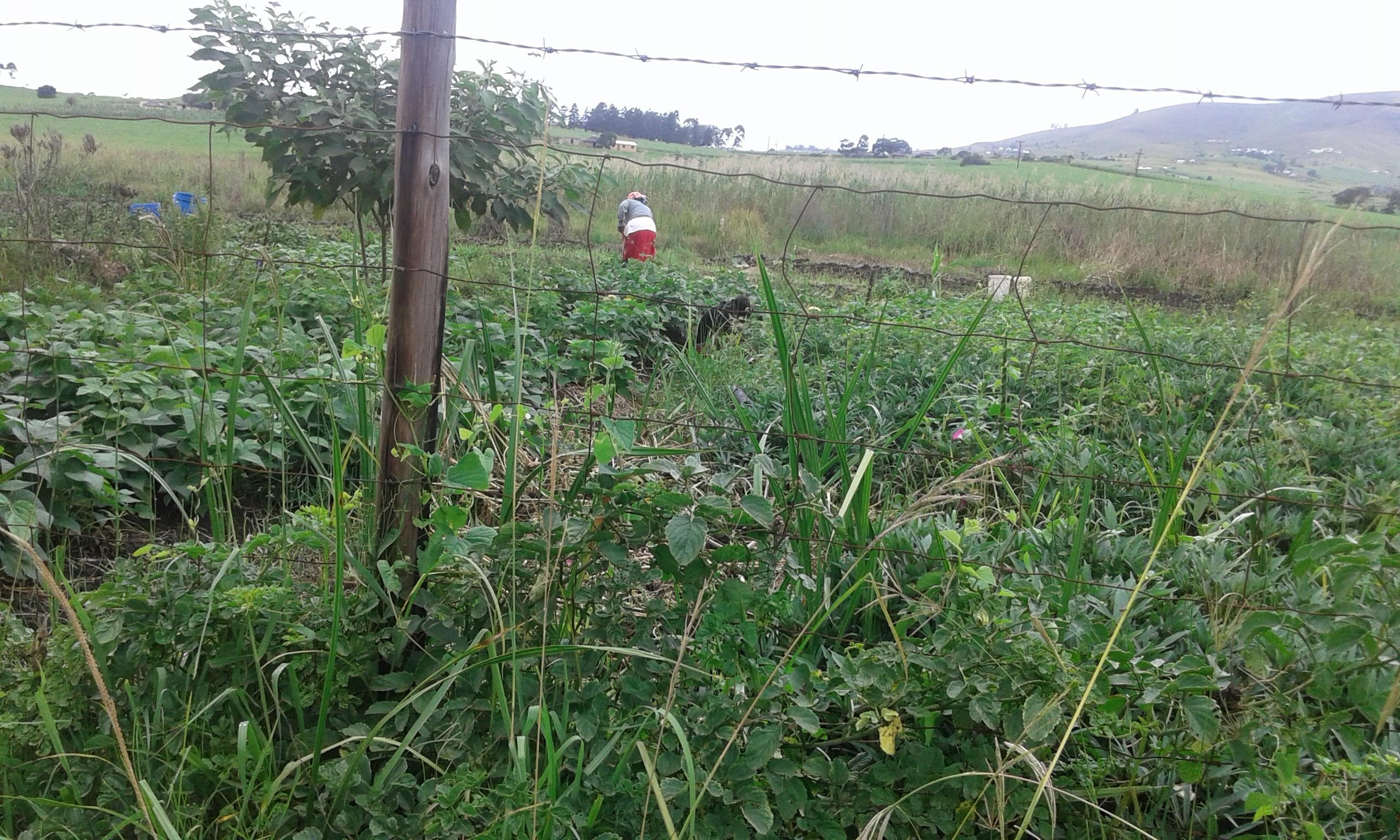
The use of water for the cultivation of indigenous crops is a relatively neglected area of research. In an effort to better understand how water utilisation impacts food security and livelihoods, the IWSN team at Monash South Africa, in collaboration with the Cape Peninsula University of Technology, will be implementing a five-year project funded by the Water Research Commission (WRC) of South Africa. The project, which officially commences on 1 April 2017, will analyse water use along the value chains of selected traditional leafy vegetables. Monash South Africa will coordinate the project and will be the host institution.
The project comes at a time when similar studies have mostly been concentrating on the nutritional value and contribution of African Leafy Vegetables (ALV) towards improving community livelihoods in South Africa. With only a few exceptions, most studies have not given sufficient attention to water as a critical input in food security, particularly with respect to the contribution of ALVs. This is in spite of the important contribution of these crops towards food security in both rural and urban areas.
Indigenous edible plants have sustained huge populations in developing countries for many decades, if not centuries. Key to the ability of traditional crops to contribute towards food security is that they are native to specific localities and are therefore better adapted to local environmental conditions. Importantly, they can be cultivated without the need for expensive inputs such as irrigation water and agro-chemicals. The challenge is to see if they can be produced at sufficient scale to make a larger, and dependable, contribution to health and livelihoods. This must be seen in the context of the fact that the biggest share of surface fresh water is used for farming, whereas at least 17 million people in rural areas of South Africa live below the poverty line and thus experience food insecurity. Water resources are under severe pressure, a situation exacerbated by long term climate change, and shorter term cliamte cycles such as El Niño and La Niña (see here, here and here). The need to account for each drop of water is essential, even in sectors – such as indigenous vegetables – that might be regarded as less water intensive.
By embracing and applying the value chain concept, this research project will generate valuable information about the necessary quantity and quality of water used by indigenous crops. The project will be guided by several broad themes: water utilisation along the value chain of indigenous crops, promotion of production and consumption, understanding of the post-harvest handling processes of indigenous leafy vegetables in relation to water quantity and quality. Our approach seeks to answer some important questions regarding how water is being utilised along indigenous crops value chains. In what quantity and quality is water being utilised? What lessons can be drawn from current water use patterns? Could food security be enhanced through improved access and utilisation of water for production and post-harvest processes?
The five year study will focus on the Limpopo and Mpumalanga provinces of South Africa by a team that will include post-graduate students and seasoned researchers. In line with the project terms of reference and the broader national goals of eradicating poverty, the following impacts are anticipated:
- Improved human capital in water and science sectors through training of postgraduate students.
- Sustainable development solutions contributing to new scientific knowledge related to water use in the production and marketing of indigenous crops, especially ALVs, by smallholder farmers and all the actors along the relevant value chains.
- Enhanced policy initiatives and decision-making by the Department of Agriculture, Forestry and Fisheries on best water use practices to promote indigenous crops and smallholder farmer development.
- Empowerment of communities by incorporating participatory action research to ensure that new knowledge benefits smallholders and actors along the chain.
- Better understanding of the water-energy-food nexus at a local scale.
This is the first time a study of this nature is being conducted in South Africa and therefore this research project represents a significant milestone achievement by IWSN Africa.
